“With the protection of wetlands and support for agro-ecological farming practices a key challenge in Southeast Asia, in this project we explore the potential for ‘knowledge co-production’ research methodologies to produce usable knowledge for real-world problems.”
Publications
Blogs
Finding Common Ground: Co-produced Wetland Zoning in Northeast Thailand
First steps toward wetland and agro-ecological farming recovery in the Mekong Region
Further Information
Download a poster about the project here.
Contact
Contact Dr. Carl Middleton for further details.
Project Status: Complete
RECOVER

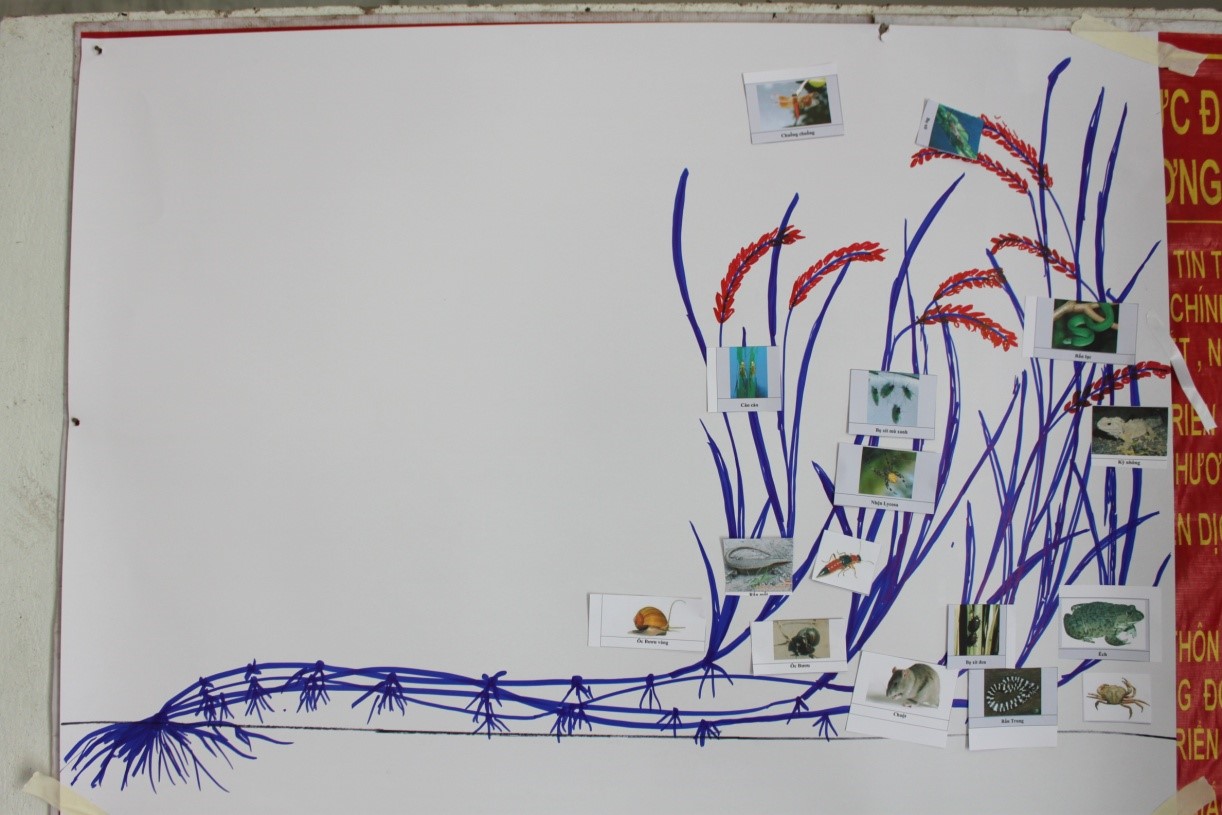
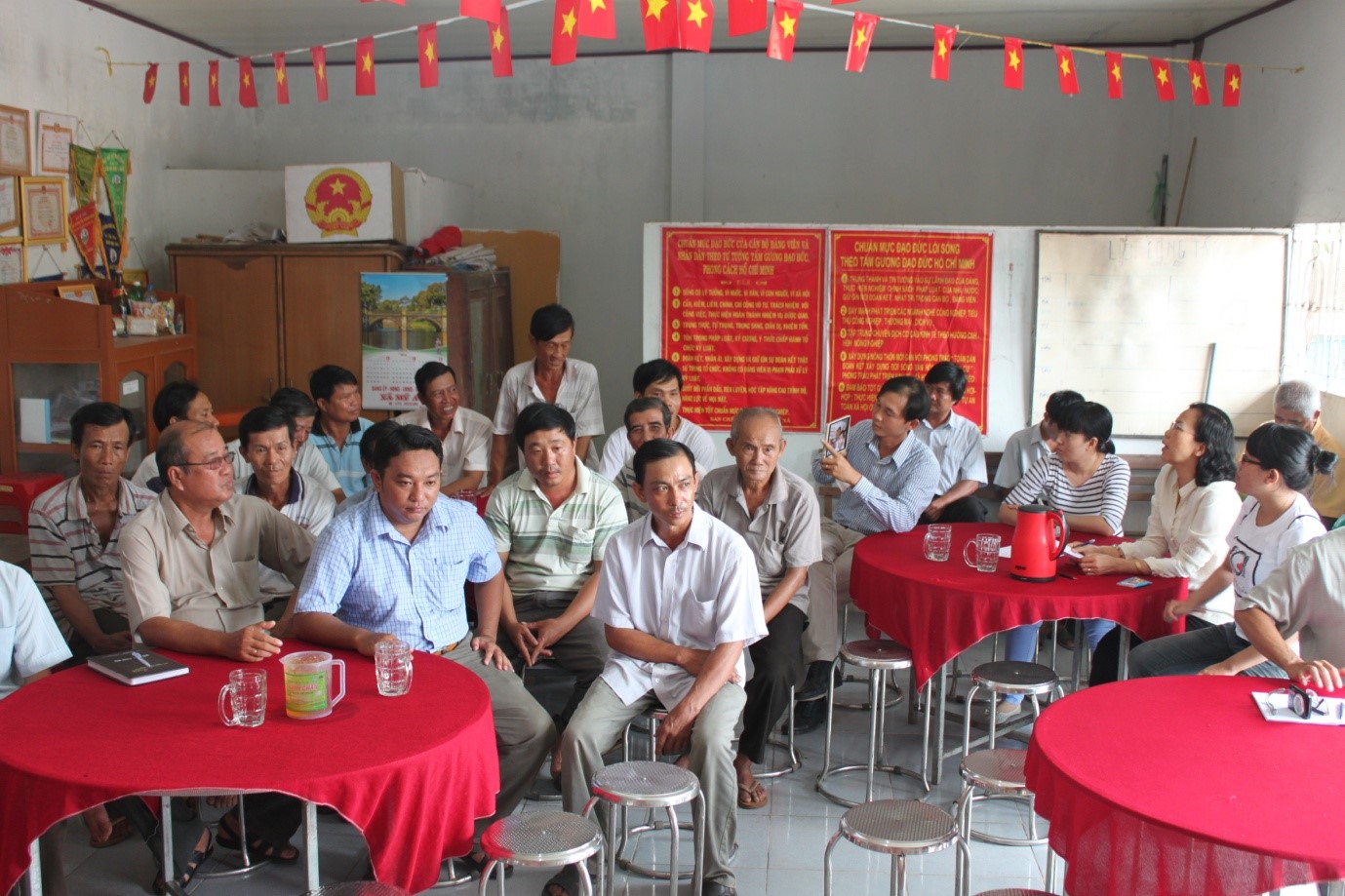


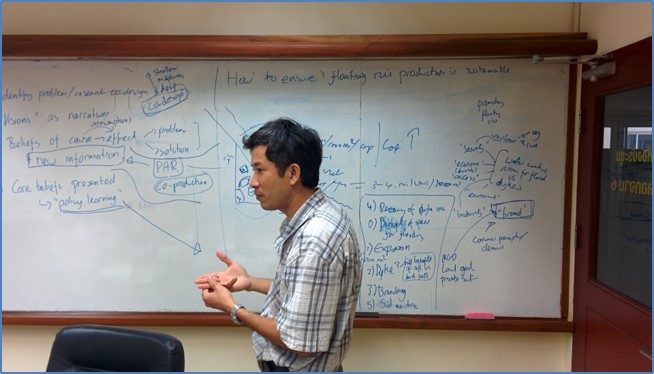
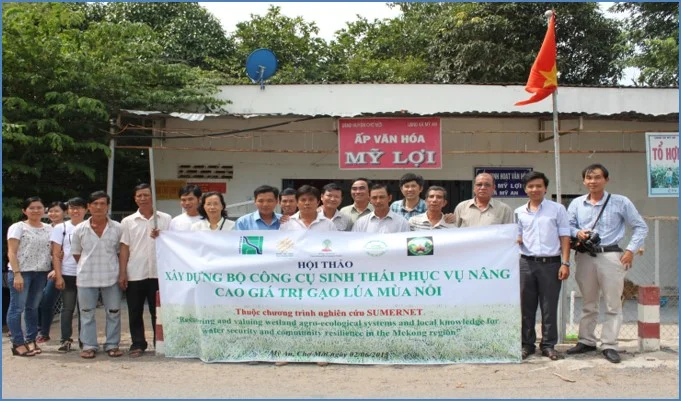


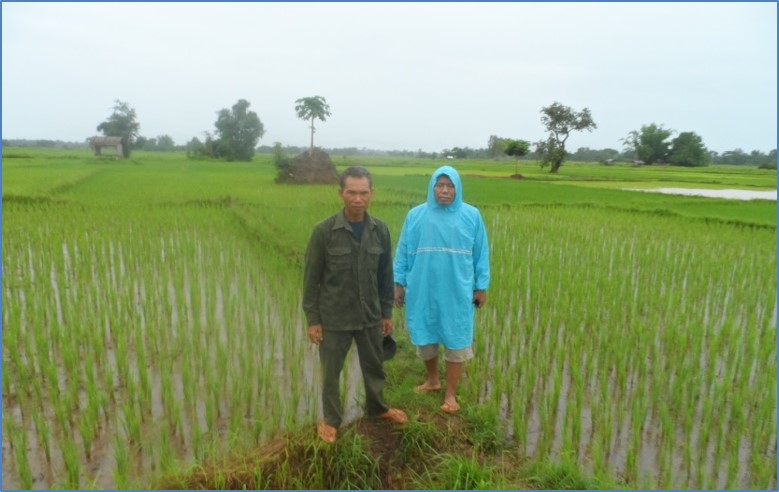
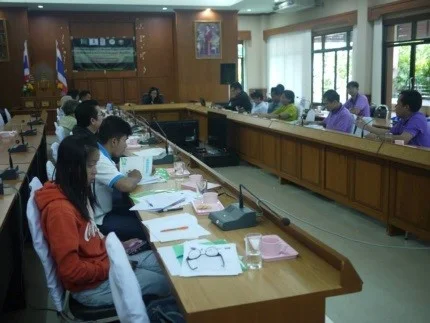
Introduction
The Mekong Region contains extensive wetlands of great biodiversity that provide a wide range of ecosystems services and that are also important to human well-being. Within these wetlands, local communities often practice agroecological farming, including growing rice and vegetables, animal raising, fishing, and collecting non-timber forest products. Unfortunately, many wetlands in the Mekong Region have been degraded or even lost, including due to agricultural intensification, large-scale water infrastructure development, and land use changes associated with urbanization. The loss of wetlands is a threat to regional sustainable development. Furthermore, as wetlands are lost, so too is the local knowledge associated with their ecosystems and how to practice agroecological farming there.
It is now widely recognized that addressing real-world complex environmental problems, such as wetland loss, requires a range of different types of knowledge, including scientific (expert), local, practical, and political knowledge. Emerging from this realization, there is now growing experience amongst researchers who would like to see their work meaningfully translate into action for sustainability. They are exploring how “knowledge co-production” approaches to their research can catalyze interaction amongst researchers and multiple state and non-state stakeholders to can create useful knowledge together.
About
The purpose of this project was to undertake “knowledge co-production” research in Thailand, Vietnam and Laos aiming to contribute towards the recovery and more inclusive ecological governance of wetlands degraded by large water infrastructure and associated agro-ecological systems and livelihoods. We consider “knowledge co-production” to be the dynamic interaction of multiple actors, each with their own types of knowledge, that co-produces new usable knowledge specific to the social, cultural, and political context and that can influence decision-making and actions on-the-ground.
The first case study focuses on collaborative wetland zoning and educational tourism at Rasi Salai and Hua Na Irrigation projects in Si Sa Ket Province, Northeastern region of Thailand. The second case study addresses four floodplain floating rice-vegetable agro-ecological systems in An Giang province and Dong Thap province, in the Vietnamese Mekong Delta. The third case study is on organic rice production in two villages in Xaybouly district, Savannakhet Province, Laos.
The project commenced in October 2014 and was completed in December 2017.
Research team
This research was undertaken jointly by:
The Center for Social Development Studies, Faculty of Political Science, Chulalongkorn University (Dr. Carl Middleton/ carl.chulalongkorn@gmail.com)
The Mekong Sub-region Social Research Centre, Ubon Ratchathani University (Dr. Kanokwan Manorom/ kanokwan.m@ubu.ac.th)
The Research Centre for Rural Development, An Giang University (Dr. Nguyen Van Kien/ kienanu@gmail.com)
The Northern Agriculture and Forestry College, Luang Prabang, Laos (Dr. Outhai Soukkhy/ outhainafc@yahoo.com).
Support
This project was undertaken with the kind support of the Swedish International Development Cooperation Agency (SIDA) through the Sustainable Mekong Research Network (SUMERNET) Phase 3.


